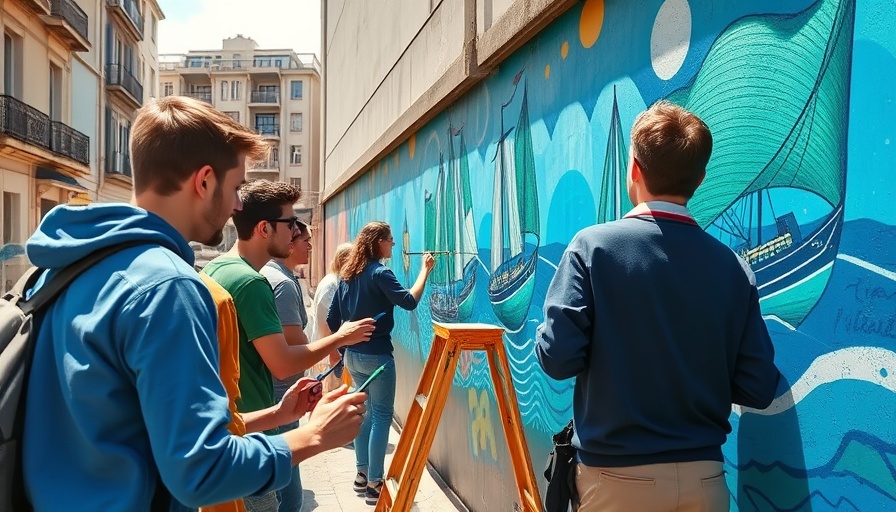
Understanding the Complicity: A Serious Issue in Today's World
The ongoing humanitarian crisis in Palestine has led to a chilling label: the genocide of the Palestinians. With the death toll tragically surpassing 66,000, including a devastating number of children, the world must ask itself how it stands in relation to these unfolding events. As countries and corporations provide essential support to Israel, the lines between allyship and complicity begin to blur.
Highlighting Corporate Involvement
In the latest reports, attention has turned toward Indian corporations that have been linked to this complicity. A report by the Centre for Financial Accountability in New Delhi detailed how certain Indian companies, through their investments in Israeli military and technology sectors, are indirectly contributing to the ongoing violence against Palestinians. Such financial linkages raise ethical questions about where profit is derived and at what cost to human lives.
A Global Perspective on Human Rights
Insights from Navi Pillay, former UN Human Rights Chief, underscore the gravity of the situation. In a recent interview, she pointed out that nations, including India, risk breaching international law by supplying arms to Israel during these times of widespread human rights violations. This implicates these countries in the ongoing tragedy and raises the crucial question of moral responsibility in the face of such violations.
The Broader Implications of Complicity
As corporate and state actors become more entangled in these issues, the repercussions will ripple through global relations. Advocacy and humanitarian organizations are increasingly urging nations to reconsider their support for actions that may lead to humanitarian catastrophes. The consequences of inaction could resonate, changing how entire regions relate to each other both politically and socially, possibly leading to a re-evaluation of alliances.
Stepping Forward: What Can We Do?
Understanding these dynamics empowers us to take informed action. Whether it be advocating for policy changes, supporting humanitarian groups, or simply spreading awareness, our collective voice can challenge the status quo. Reflecting on our own roles in such systemic issues makes us all critical players in the call for justice.
 Add Row
Add Row  Add
Add 




Write A Comment